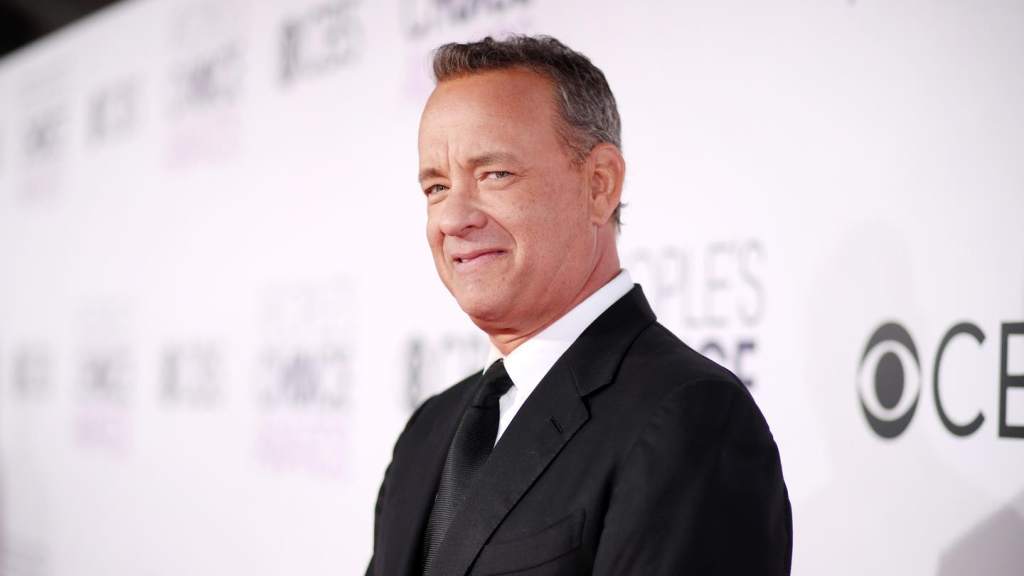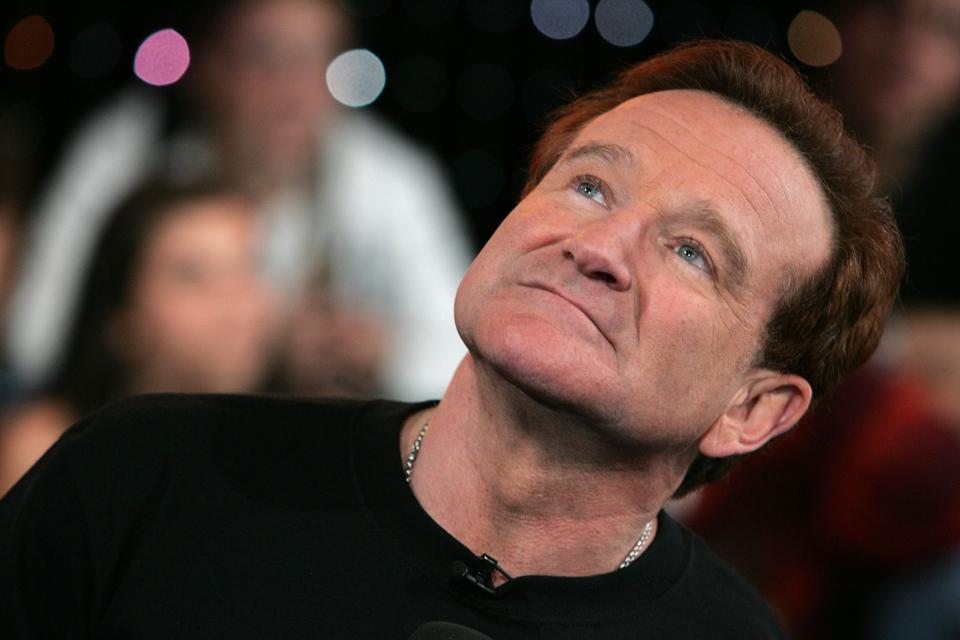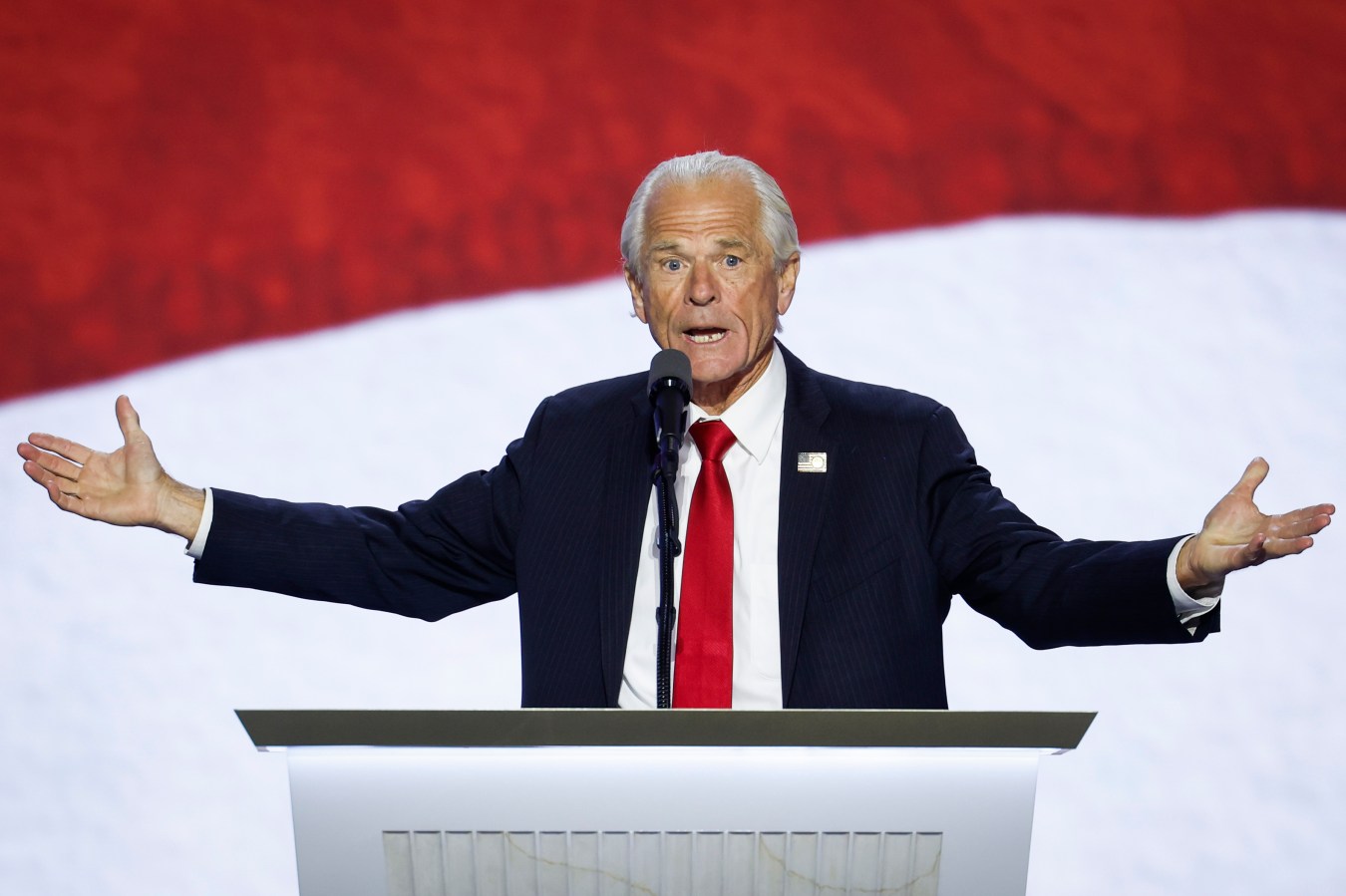Actor Tom Hanks and the daughter of late comedian Robin Williams have become the latest in Hollywood to voice opposition to the use of artificial intelligence so-called deep fakes amid an ongoing SAG-AFTRA strike that seeks to define how AI technology can be used without threatening stars’ lucrative likenesses.

Key facts
- Hanks took to Instagram this weekend to tell fans that he had “nothing to do with” circulating advertisements for a dental plan that appears to be fronted by the actor, a warning that comes months after he spoke about the “artistic challenge” that comes with the use of AI in Hollywood.
- Hanks didn’t say which company was using his likeness for the promotional video, but did say it is using an “AI version of me” in his post Saturday.
- Zelda Williams, the middle child of late actor Robin Williams, also spoke up this weekend about the recreation of her father’s voice via AI “to say whatever people want.”
- Williams posted on her Instagram story in support of striking actors and called the recreations she’s seen over the years “at their very best, a poor facsimile of greater people,” Entertainment Weekly reported, and at worst “a horrendous Frankensteinian monster, cobbled together from the worst bits of everything this industry is.”
- Williams, whose father died in 2014, didn’t point to any particular deep fakes as sparking her to post, but said she is “not an impartial voice in SAG’s fight against AI” and added that “living actors deserve a chance to create characters with their choices.”
- Hanks and Williams join other industry heavyweights like John Cusack and Tim Burton in speaking against artificial intelligence since the strike began, the latter comparing AI recreations to “robots taking your humanity, your soul.”

Key background
The 160,000 members of the Screen Actors Guild-American Federation of Television and Radio Artists union (of which Tom Hanks is a member) have been demanding stricter regulations surrounding the use of artificial intelligence in films and shows as part of their strike, calling AI “a mandatory subject of bargaining.”
The actors have been critical of the idea that studios could use AI tools to replace human performers and creatives in Hollywood, and have said they want to protect “performers’ digital likenesses” from use without their consent.
The union shot down a proposal in June that would have reportedly allowed studios to use AI-generated replicas of background actors in perpetuity in return for a single day of pay, and the union has accused studios of trying to get permissions to make AI changes to dialogue and create new scenes without seeking the permission of the original actor.
Members of SAG-AFTRA last week voted to authorize another strike—this one against video game publishers—that hinges largely on the use of AI-generated voices in games.
What to watch for
The union and studios will return to the bargaining table on Monday for their first formal talks since July. The meeting comes a week after the WGA, the union representing Hollywood writers, reached a deal after 148 days of striking.
The WGA also fought to protect jobs from being replaced by artificial intelligence.
Surprising fact
AI has already been used to digitally alter actors’ performances or insert them into scenes they never filmed.
Artificial intelligence was used to “de-age” 81-year-old actor Harrison Ford in the summer flick Indiana Jones and the Dial of Destiny, and to do the same for Mark Hamill’s reprisal of Luke Skywalker in The Mandalorian.
Carrie Fisher was recreated using AI to finish the filming of Star Wars: The Rise of Skywalker after her death, as was Paul Walker in Furious 7 and Christopher Reeve in The Flash, per the BBC.
A digital clone of James Dean, who has been dead since 1955, is set to be used in an upcoming film called Back to Eden.
Crucial quote
“I could be hit by a bus tomorrow and that’s it, but my performances can go on and on and on,” Tom Hanks said on The Adam Buxton Podcast in May. “There’ll be nothing to tell you that it’s not me and me alone and it’s going to have some degree of lifelike quality.”
Tangent
The Daily Mail on Sunday released a report by online safety firm ActiveFence that claims the use of celebrities in AI-generated pornography has almost doubled in the last year.
Stars like Taylor Swift and Emma Watson have had their likenesses used to make the content for websites that have hundreds of thousands of paying members, the outlet said.
More than 95% of deep fakes are porn, ABC News reported in June, and it’s not just celebrities who are being impersonated.
Rep. Joe Morelle (D-N.Y.) this year authored a piece of legislation called the Preventing Deepfakes of Intimate Images Act that would make sharing non-consensual, AI-generated pornography illegal, but as of now there is “no federal criminal law or civil remedy” for celebrities or other people whose likeness is used in such a way, WBUR reported.
This article was first published on forbes.com and all figures are in USD.


